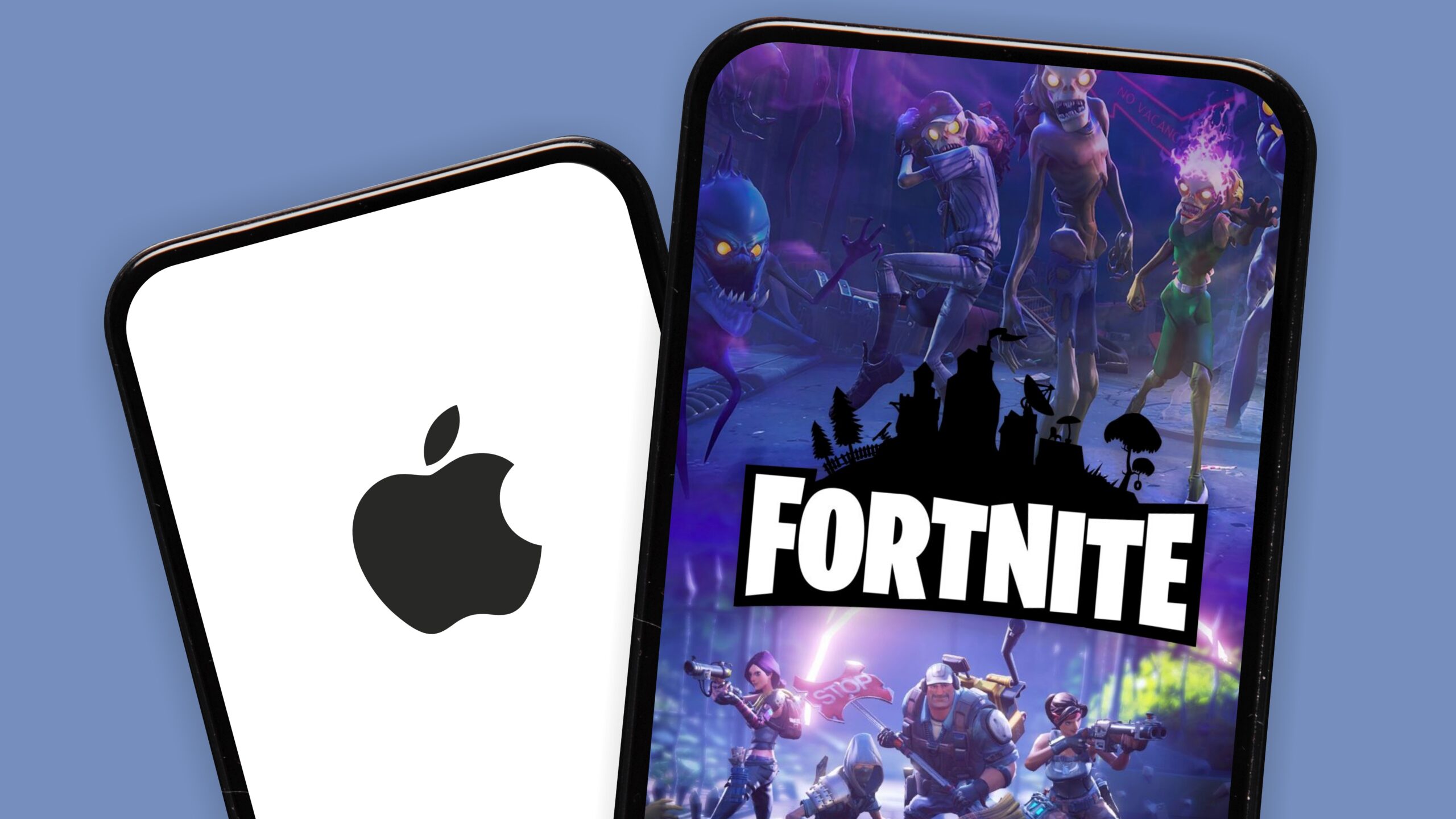
Fortnite, the popular first-person shooter game developed by Epic Games, has been reinstated on the Apple App Store in the U.S., five years after its removal. The game’s return marks a significant development in the ongoing legal battle between Epic and Apple.
The Genesis of the Conflict
The dispute began in 2020 when Epic Games updated Fortnite to allow direct payments, bypassing Apple’s in-app payment system, which levies commissions of up to 30%. This move directly defied Apple’s App Store policies, leading to Fortnite’s removal and igniting a prolonged legal struggle.
Last month, Epic Games secured a favorable court ruling. The judge determined that Apple could not charge commissions when apps direct users to external payment links, nor could it dictate the visual appearance of these links. Following this ruling, Epic submitted Fortnite for approval on the U.S. App Store.
- App Review Process: For Fortnite to return, it had to successfully pass Apple’s App Review, a rigorous process where Apple employees assess new apps and updates for functionality and adherence to company guidelines.
- Approval Delays: Apple had delayed the approval process since Epic’s submission on May 9. Last week, Epic filed a legal challenge, prompting a judge on Monday to demand an explanation from Apple regarding the delay or a resolution to the game’s status.
Apple’s Continued Appeals
Apple is currently appealing the recent court order and is seeking a pause that would allow it to revert changes already made to the App Store in response to the ruling. An Apple representative was not immediately available for comment.
The ruling last month has already led other major app developers, including Amazon and Spotify, to modify their applications to incorporate links for content purchases. For instance, iPhone users can now buy Kindle books directly within the Kindle app. Unlike Epic, which had its developer account revoked after suing Apple, Amazon and Spotify were able to update their existing, approved apps with the newly permissible changes.
Fortnite’s Presence Beyond the U.S.
Epic Games has successfully established a European developer account, enabling Fortnite to be offered in Europe via a third-party app store, leveraging the Digital Markets Act which came into effect last year. Additionally, iPhone users can access Fortnite through various cloud gaming services. However, even in Europe, Epic reported that Apple attempted to terminate its account before ultimately backing down.
Fees generated from the App Store represent an increasingly vital component of Apple’s overall business. These revenues are categorized under Apple’s Services business, which also encompasses advertising, AppleCare warranties, payment services, and subscription offerings like Apple TV+. Apple reported nearly $27 billion in services revenue during its March quarter.
| Event | Date/Period | Significance |
|---|---|---|
| Fortnite Removal from App Store | 2020 | Due to Epic’s direct payment implementation. |
| Court Ruling (Epic’s Favor) | Last month | Apple cannot charge commissions for external payment links. |
| Fortnite Submission to App Store | May 9 | Epic’s attempt to return the game to the U.S. App Store. |
| Judge’s Order | Monday (Last week) | Demanded Apple explain approval delay or resolve status. |
| Fortnite Return to App Store | Tuesday | Official return of Fortnite to the U.S. App Store. |
Author’s Opinion
This resolution, forced by legal pressure, signifies a crucial shift in the dynamics between platform holders like Apple and app developers. It suggests a future where developers might have more freedom in how they monetize their creations, potentially leading to more competitive pricing and diverse offerings for consumers. While Apple’s appeal indicates continued resistance, the precedent set by this ruling and the Digital Markets Act in Europe could reshape the app ecosystem, pushing towards greater openness and developer choice.
Featured image credit: TechRadar
For more stories like it, click the +Follow button at the top of this page to follow us.
